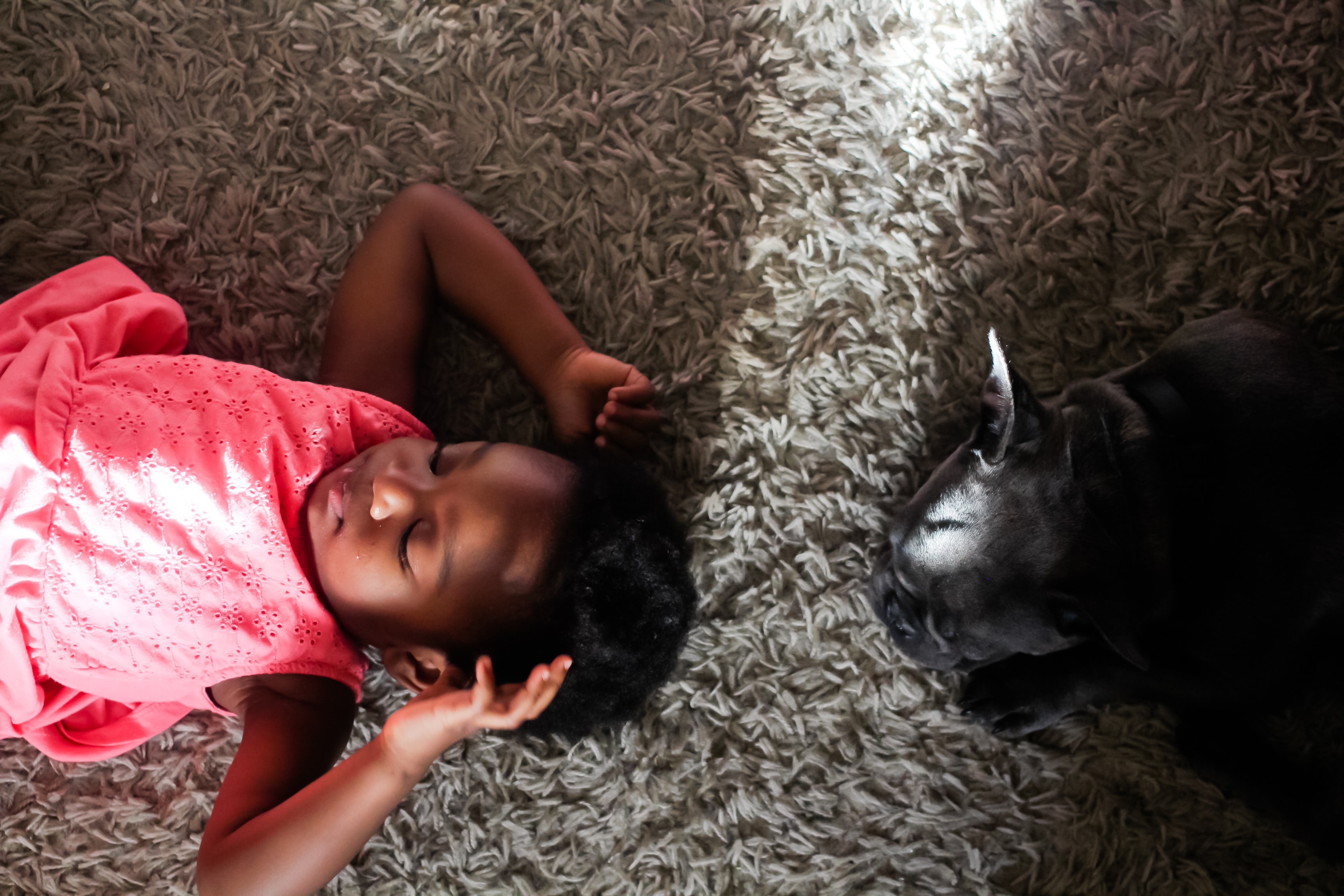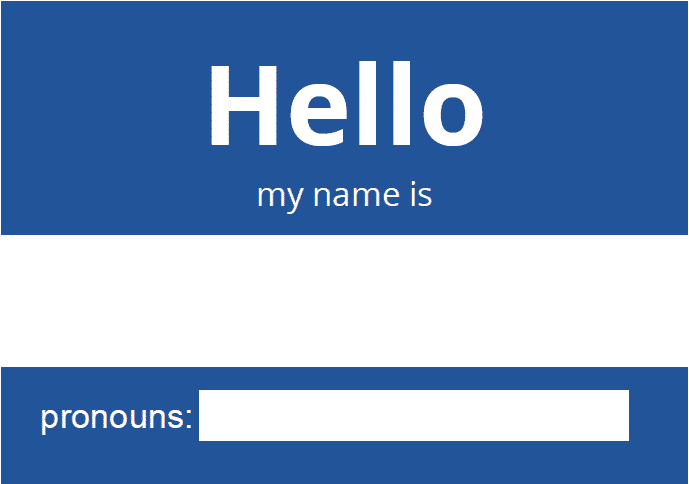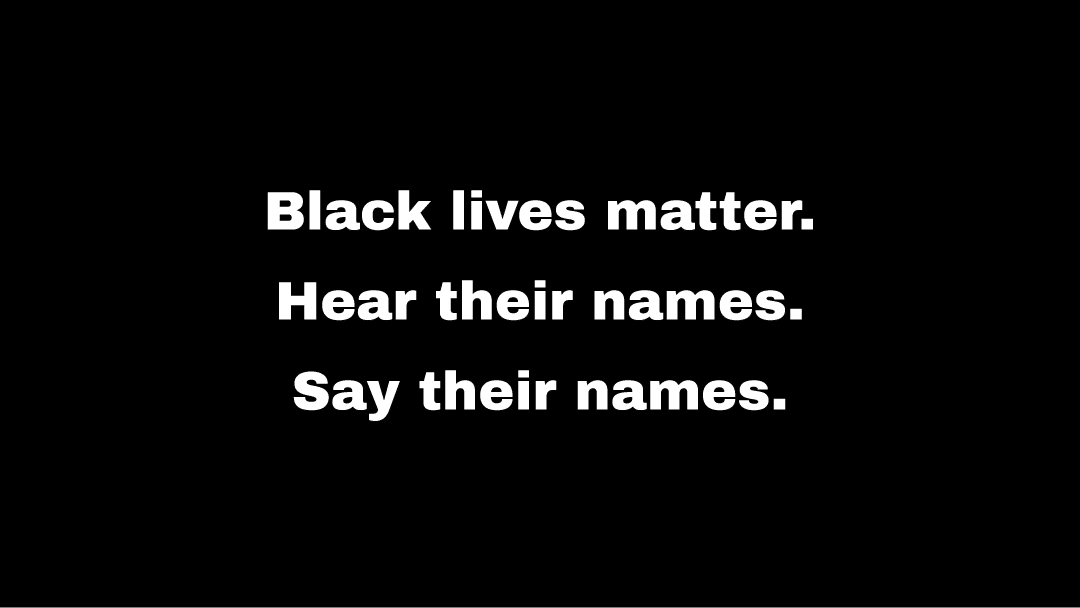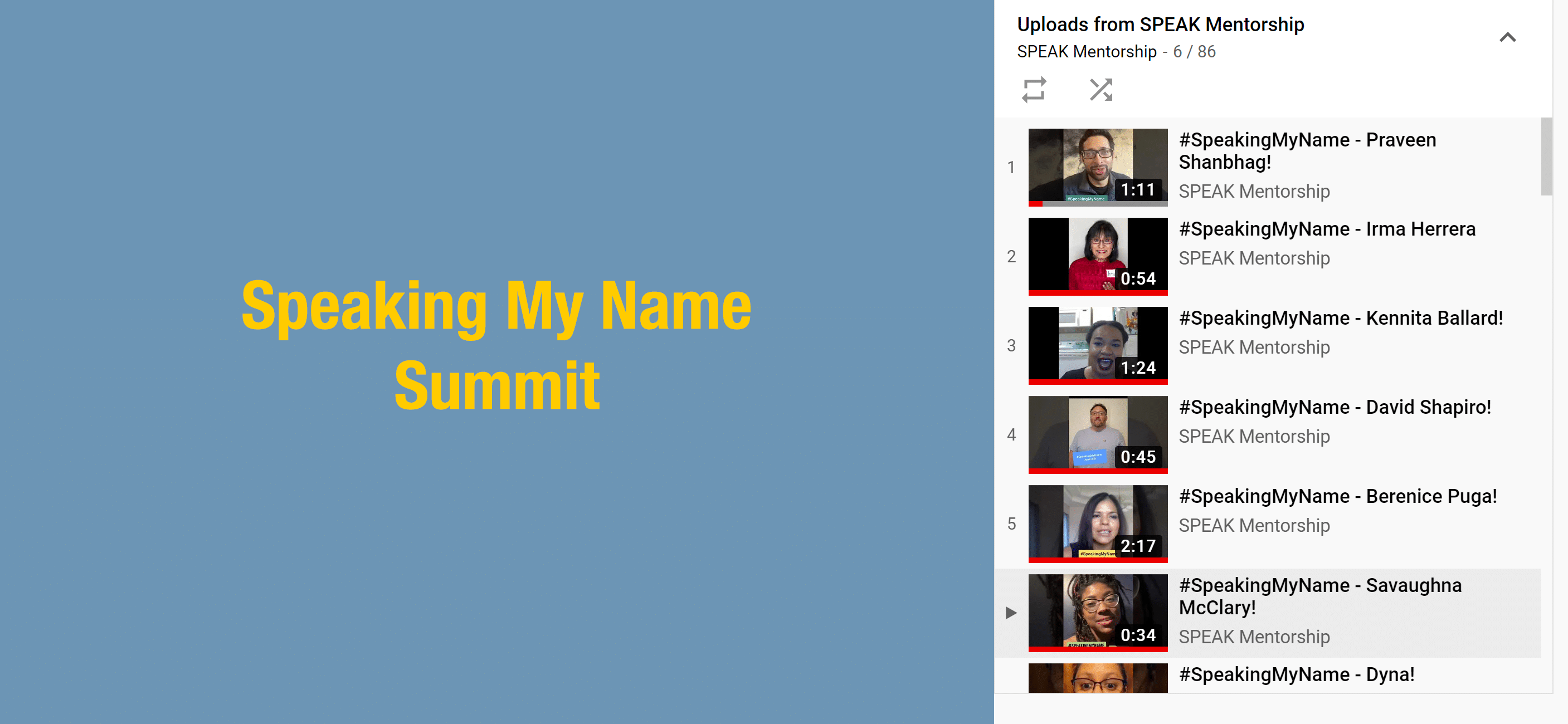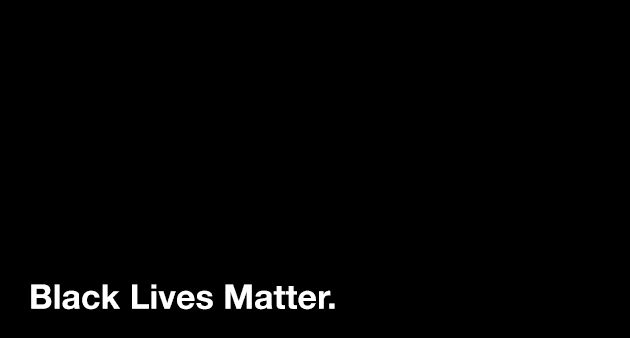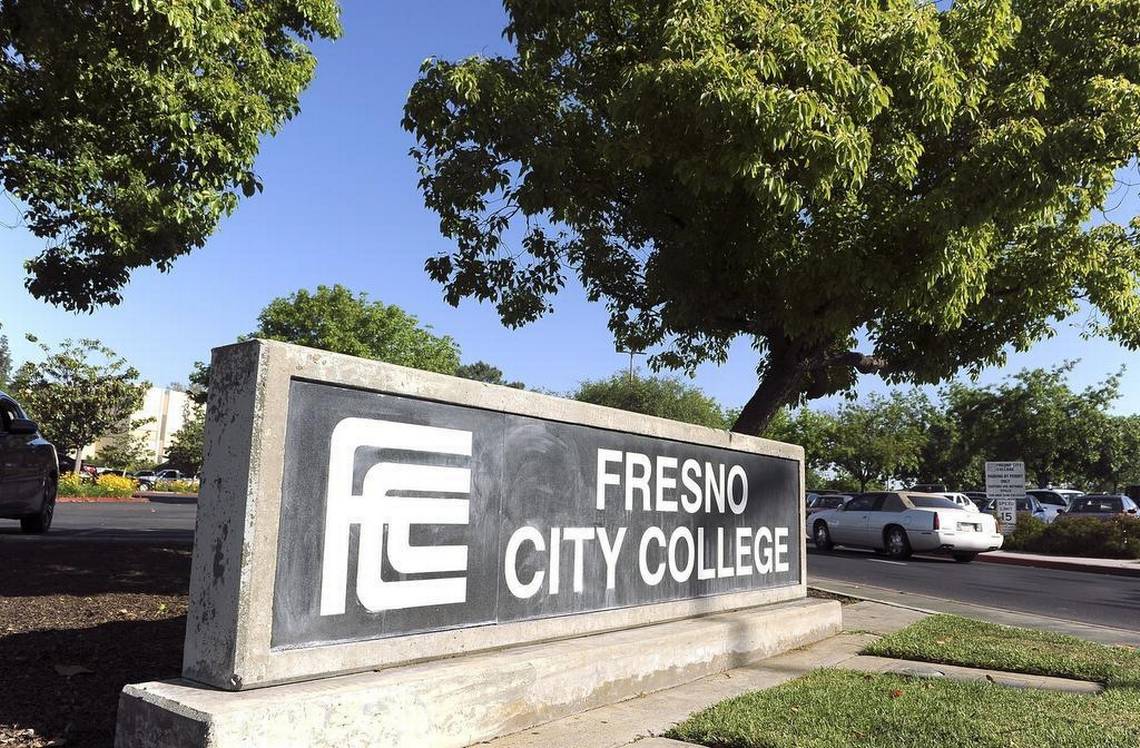 For many, this Independence Day has a renewed sense of meaning. As we celebrate the founding of this country, we remind ourselves not just that America declared independence, but did so in a way that invited the world to affirm the core principle underlying that declaration: that all people are created equal, and consequently have an inalienable right to life, liberty and the pursuit of happiness.
For many, this Independence Day has a renewed sense of meaning. As we celebrate the founding of this country, we remind ourselves not just that America declared independence, but did so in a way that invited the world to affirm the core principle underlying that declaration: that all people are created equal, and consequently have an inalienable right to life, liberty and the pursuit of happiness.
It’s easy to take those words for granted, we’ve heard them so often in our schools and in our civil discourse. It’s easy to treat them almost as platitudes. So it’s worth reminding ourselves that these words represent centuries of philosophy and debate about the nature of our species, and the structures that should govern our lives. They represent, for the founders, a fundamental axiom from which the Constitution derives its validity, and on which the rest of American society and government is built.
Or at least meant to be built.
As many of us are acutely aware, our country continues to struggle to make good on its vision – a fact that has real consequences for so many Americans every day. Is it because people don’t really subscribe to that axiom?
If you believe the principle – and believe those rights exist equally among every person – you may still naturally wonder what guarantees them. Are they, as the founders believed, in some sense natural? Are we imbued with them at birth? Are they, as some philosophers have proposed, just part and parcel of the mental faculties unique to humans? Is the principle of equality actually self-evident to everyone?
I believe that whatever the answer to these questions may be, the only way to sustain the change that makes good on the founding vision of America – the vision we celebrate on Independence Day – is to ensure that respect for every person’s humanity is not just a platitude, but is fully alive in our hearts and minds.
Equality, which is at the heart of the Declaration, does not flourish on its own. And when we fail to achieve it or protect it, it’s invariably because we’ve somehow allowed dehumanization to go unchecked. This happens in conspicuous and inconspicuous ways, in small ways and in systemic ways, in ways that all stand arrayed against the founding vision.
As Malkia Cyril put it in the documentary 13TH, change is “about rehumanizing us as a people, and us as a people – all of us.”
To truly celebrate and honor the founding of this country, we must hold dear the equality on which it was founded. And, we must keep the humanization central to that equality in our hearts and minds, today and every day.
– Praveen Shanbhag, CEO, NameCoach



